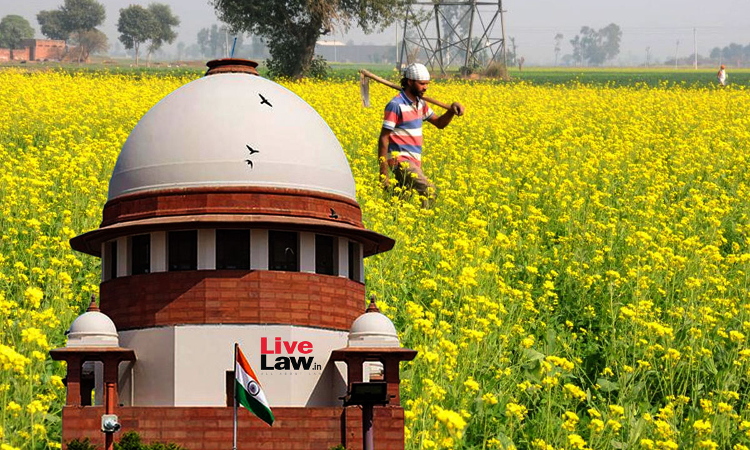A bench of the Supreme Court of India comprising Justice Dinesh Maheshwari, who is set to demit office on Monday, May 15, directed a batch of petitions seeking a ban on the commercial cultivation of indigenously developed genetically modified mustard to be placed before the chief justice to be reassigned. The bench pronounced: “Due to time constraints, the hearing could not be...

